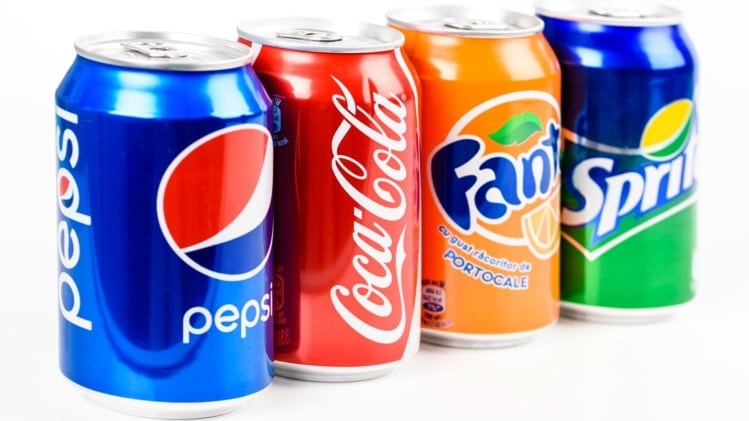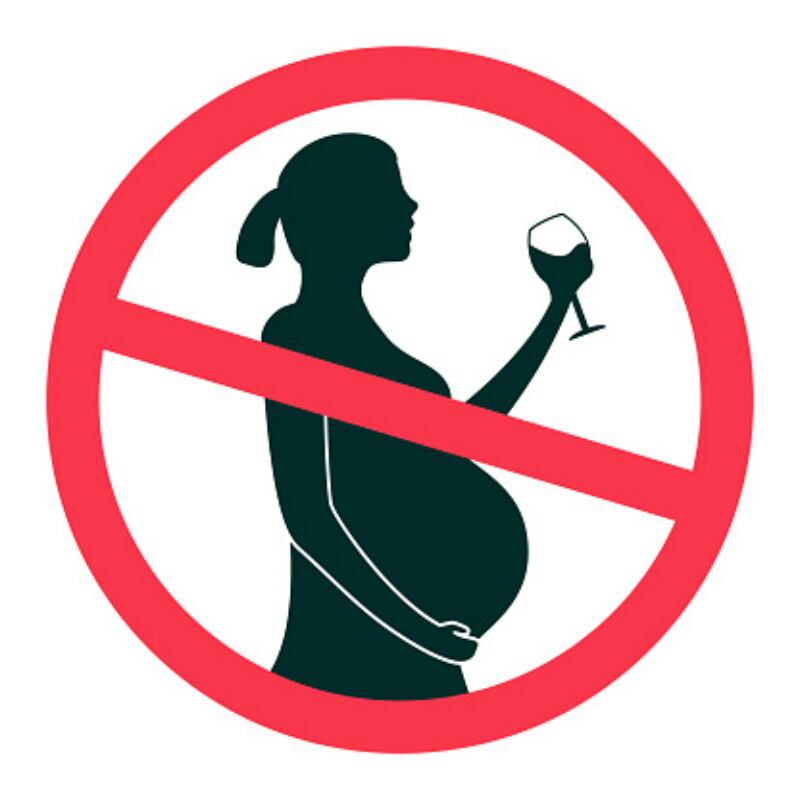More sugar taxes on the table for South East Asia
Most ASEAN countries have already started implementing sugar taxes at various levels. Two of the latest are Malaysia and Singapore.
Malaysian Finance Minister Lim Guan Eng announced that Malaysia will be imposing a sugar tax on sugar-sweetened beverages starting April 1 2019 to combat chronic diseases.
Local think tanks and expert analysts have described the measure as ‘not sufficient’ to deal with chronic diseases, especially because Malaysians have a lot of other high-sugar food and beverage options.
“[Targeting] just soda drinks probably will not be sufficient,” Penang Institute Senior Analyst Dr Lim Chee Han said.
“[If] the government wants to reduce sugar intake among public, tackling just beverages is also futile without going to the main sweeteners and sweet food source.”
Across the border in Singapore, the country’s Ministry of Health (MOH) is also seriously considering not just the implementation of a sugar tax, but also an overall ban on higher-sugar beverages like soft drinks and energy drinks.
MOH is currently seeking public opinion, and the discussion will continue into 2019.
Food Industry Asia (FIA) Executive Director Matthew Kovac said that sugar tax should not be seen as a ‘magic bullet’ to tackle chronic disease, and that decisions should not be made based on the ‘uncertain and ambiguous’ results in other countries.
Plastic waste bans impact packaging decisions
After China introduced a ban on plastic waste imports at the start of 2018, displacing an estimated 111 million metric tons of waste, ASEAN countries started becoming the prime destination choices for various countries in the west to send their waste to.
This led to new waste management problems in the region, and several ASEAN countries deciding to implement plastic waste bans of their own.
“The China ban definitely had a very big impact on the [food and beverage] market,” said AusBev CEO Geoff Parker.
“That said, it created a problem, but also provides opportunities for the industry and government to work together to develop alternative solutions, […] possibly creating more jobs.”
“[The] ASEAN bans will make manufacturers think differently about packaging decisions, especially with regard to different types of packaging, and I am sure we will see some changes in 2019.”
Coca-Cola is amongst the brands looking internally for solutions to handle plastic waste, e.g. its World Without Waste global goal which aims to collect and recycle the equivalent of every bottle or can it sells globally by 2030.
“The world’s packaging problem is a symptom of a more serious condition,” said James Quincey, Coca-Cola president and CEO.
Concurring with Parker, he added that: “This [is] a problem for all of us, everywhere. [Like] most problems, this one provides an opportunity. We have the chance to rethink plastics, packaging, and even our economies for the better.”
Halal regulation updates in Indonesia
The halal food industry is a big global market, reaching a value of US$1.3tn in 2017, and anticipated to hit US$1.9tn in 2023, a growth of 6.1% according to the Global Islamic Economy Report 2018/19.
A major market here is Indonesia, the top spender in 2018/19 at US$170bn. It is attempting to implement mandatory halal certification in 2019, but faces major challenges due to a many food products being globally sourced.
“In the [Indonesian law] about Halal Product Assurance, products that enter, circulate, and traded in the territory of Indonesia must be certified halal,” said Cucu Rina Purwaningrum from LPPOM MUI, Indonesia’s halal certification body.
“[Mandatory] halal certification for products circulated and traded in the territory of Indonesia [is supposed to] come into effect five years from the legislation of this Law, in October 2019.”
“[Until] now our government is still preparing [and] we are still waiting [for] further news related to the implementation of this law.”
“LPPOM MUI and MUI [will carry] out halal certification as usual [before this passes].”
“We [also] estimate that in 2019 more companies will register for halal certification in preparation for facing the law No. 33,” she added.
China tightens the use of vegetable oil
China’s National Health Commission has introduced 36 new standards related to food safety, pertaining to food additives (16), examination standards (8), products (7), hygiene standards (4), and maximum residue limits for pesticides in food (1).
Twenty-eight of these will be implemented from December 2018, and the remaining eight from 2019.
Of these, one standard of note is “National Food Safety Standard Vegetable Oil (GB 2716-2018)”, Cathy Yu, the general manager of Hangzhou REACH Technology Group (Food Business Division) said.
The new standard, which will be implemented end-2019, requires manufacturers to 1) state the name of the edible vegetable oil blends used and 2) the ratio of the vegetable oil used.
“This new standard will likely become the yardstick for identifying vegetable oil and oil products that are not up to standard, and will require the industry to pay attention on it,” she explained.
“The aim […] is to improve on existing standards, so as to fill up gaps present in existing regulations, and to further complete the food safety standards of China,” she said.
Harmonisation of ASEAN Food Standards
Efforts to synchronise food standards within the ASEAN region have been in progress for years, but with limited results thus far. However, progress appears to be in the pipeline for 2019.
According to Steven Bartholomeusz, Policy Director, Food Industry Asia, a food sector survey revealed that nutrition labelling and halal certification are the ‘top technical barriers to trade’, hence efforts are focused on first addressing these.
In August 2018, the Ministry of Health Malaysia announced that the ASEAN Consultative Committee on Standards and Quality Prepared Foodstuff Product Working Group (ACCSQ PFPWG) will look into the area of nutrition labelling harmonisation.
“The food sector can look forward to the harmonisation efforts on nutrition labelling under ACCSQ PFPWG to lower the trade barriers that are faced by the food sector,” said Bartholomeusz.
For halal, the Plan of Action for the ASEAN Cooperation in Halal Food has acknowledged the harmonisation of accreditation, inspection and certification as a major action item, and the ASEAN Working Group on Halal Food (AWGHF) is working on the development of the General Guidelines on Halal Food.
As for food safety, the ASEAN Sectoral Mutual Recognition Arrangement for Inspection and Certification Systems on Food Hygiene for Prepared Foodstuff Products was signed by all ten ASEAN member states in April 2018.
This sectoral MRA seeks to enable mutual recognition of inspection and certification systems on food hygiene with regard to the production, import and export of prepared foodstuff products (HS code 16-22).
All member states are required to participate in this sectoral MRA. Those not ready to fully implement this sectoral MRA may withhold from participation, but for not more than five years after it enters into force.
That said, experts are less-than-optimistic that change is on the way.
“I do not foresee any significant change in 2019. […] Frankly I am not totally confident,” said Asst. Professor Anadi Nitithamyong, Senior Advisor at the Institute of Nutrition, Mahidol University (INMU).
“Regulatory harmonisation is truly a tedious, difficult and painstaking process. […] Key challenges to me include strong commitment and national policy from Member States and their realisation of the importance of harmonised regulations.
“Certain minor agreements can be achieved, [but] the disparity in regulations across borders will continue to affect the [F&B] industry.
“[The industry] will have to become more involved, establish a strong commitment and sustain their engagement with ASEAN over the long term.”
Governments will play a major role in sustainability efforts
In its efforts to make sustainable palm oil commonplace, Unilever provides a very good example on the importance of local governments and regulatory control for sustainability projects, via the implementation of its jurisdictional approach.
The jurisdictional approach works towards getting all palm oil plantations within the selected jurisdiction RSPO-certified, including smallholders.
Dr Petra Meekers, Unilever Director Sustainable Sourcing, said that the company has conducted a pilot on this approach in Central Kalimantan, Indonesia together with INOBU, RSPO, and the provincial government.
“The jurisdictional approach has everything to do with the government,” said Meekers.
“[For our expansion plans in Aceh and North-Sumatera], progress very much depends on how we can further progress in our conversations with the local district governments.”
Unilever is looking to RSPO-certify 5,000 more oil palm farmers across the next three years.
“It’s where you can build the capacity on a district level with the governments, you have a four-year time zone [around the election cycles], and you have to think about [how to keep them interested] and how to move them [in the direction you hope to see].”
Looking forward into 2019, Unilever also wants to scale the project up a level by looking to Sabah, Malaysia.




